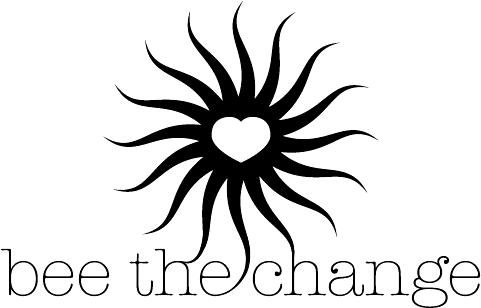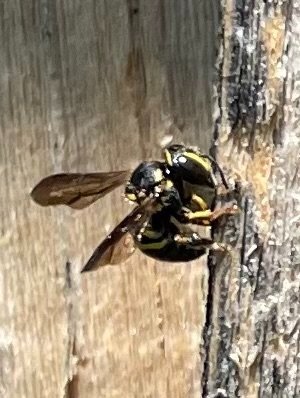
if we restore habitat, and they have not disappeared, pollinators will return
Our species has begun to crowd out others, and the race against extinction on our planet is more and more a contest for limited space. There are many important threats that butterflies, bees, beetles and other pollinators face- pesticides, climate change, parasites- but the principal and universal stress is the loss of habitat. Bee the Change is hoping to create an acre of habitat in each of Vermont’s 252 cities and towns. And we are paying for it by asking businesses and individuals to Plant their Feet.
We would like to come to your town.
the story
We now have fields in 45 towns, and have created habitat equivalent to every Vermont household making a 10 X 10’ pollinator garden
everywhere we see turf grass, we should be asking, why?
The town of Vergennes, Vermont has been mowing this space at the Falls Park for decades.
They engaged us to create a diverse habitat with a walking path, outdoor classroom space and educational signage.
This space that was part of the problem has become a part of the solution, and the town is saving money.
Turf grass is largest crop in America, covering more of the Earth’s surface than every other crop combined. Lawn has language- it communicates success, accomplishment and dominion over nature. We do not have space for such waste.
We can address the disappearance of pollinators with our own hands, with a shovel and a plant, and by looking at our school yards, municipal spaces or back yards and saying, no more waste!
This cute little bee has only been seen or collected a few times in our state, and not in the area we found it for many years. She is pretty small, about 1/3 of an inch.. The essence of our task is to identify the species at risk working with the scientists in our area- bees like this ones and 55 others that have been identified- and then to target our planting so that those species’ needs are met. In addition to planting native plants to support the general population of pollinators, this means working to identify those species at risk and harvesting and germinating plants specifically to support them.
Anthidiellum notatum- the rotund resin bee
founders
Tawnya & Mike Kiernan
Board of directors
Catherine Collins
Chair, founder of MOXIE
Marjeela Basij-Rasikh
Founder and CEO, REESHA
Kathryn Benson
Customer Success Salesforce
Mark Bauhaus
Just Business
Lily Rosenberg
HR Verily
Tawnya Kiernan
Rainbow Pediatrics
Sam Carlson
Encore Renewable
Naina Quayyum
Harvard Public Health
there is something each of us can do






